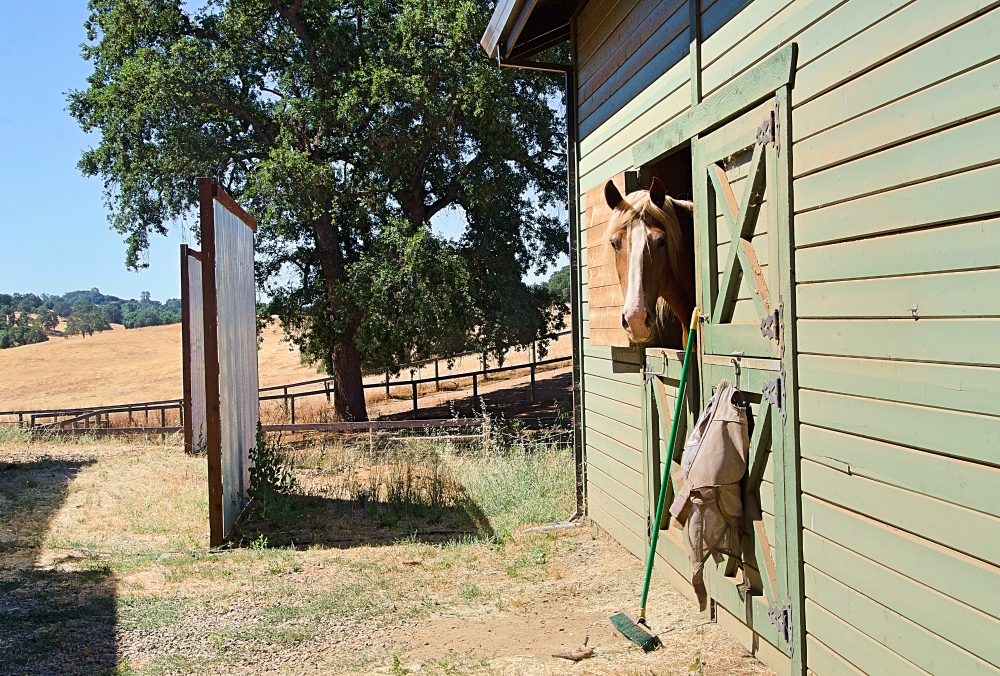The Morris Animal Foundation has awarded grants totaling as much as $750,000 to several equine research projects at seven universities, according to the foundation.
“We were very impressed with the quality of research proposals we received this year, particularly in areas of equine health where we can make a significant improvement in the well-being of our horse companions,” says Dr. Kelly Diehl, senior scientific and communications adviser at Morris Animal Foundation. “Horses hold such a special place in our hearts and imaginations, and Morris Animal Foundation continues to invest in excellent science that will give them healthier, longer lives.”
Stem Cell Research
Researchers are investigating how to improve stem cell treatment success in horses. This project, which has been allocated $131,479, will be headed by Dr. Lauren V. Schnabel from North Carolina State University. The project began Feb. 1, 2018, and is expected to last for 3 years.
The N.C. State team will investigate how a novel cell culture treatment can be used to prevent the immune system from destroying stem cells in order to develop off-the-shelf stem cell therapy, according to an email from Sean Andersen-Vie, the foundation’s public relations associate director. Researchers will be manipulating the expression of immune markers on stem cells to develop safer, more effective stem cell therapy treatments for horses with musculoskeletal injuries.
Joint Infection Research
Another study will research how to combat persistent joint infections. This project will be headed by Dr. Jessica Gilbertie, also from N.C. State University. The project, which has been allocated $100,000, began Feb. 1, 2018, and is expected to last for 2 years.
Researchers will be investigating how to improve the treatment of persistent joint infections in horses that cause inflammation and osteoarthritis. When horses develop joint infections, the bacteria interacts with joint fluid which creates a protein clump that cannot be treated with antibiotics and in turn causes inflammation and arthritis. Researchers will be examining how platelet-rich plasma might be able to help the immune system recognize this joint bacteria as infections so that they can be treated with antibiotics.
Laminitis Research
A third study will investigate the roles of diet and insulin in horses at risk for laminitis. This project will be headed by Dr. Molly E. McCue from the University of Minnesota. The project, which has been allocated $55,308, began April 1, 2018, and is expected to last for 2 years.
Currently, horses at risk for laminitis are recommended to limit sugars and starches in their diet to reduce insulin levels. But some recent studies have shown that meals with sugar improve insulin sensitivity, which might be beneficial for horses at risk for laminitis. Researchers will investigate how diet influences a horse’s gut bacteria and metabolism and how that affects insulin. This will help them better understand how horses at risk for laminitis should be fed.
The Morris Animal Foundation is accepting grant proposals for the next round of large companion animal research funding. Proposals are due by Wednesday, July 11, 2018. For information, visit the Morris Animal Foundation grants page.








